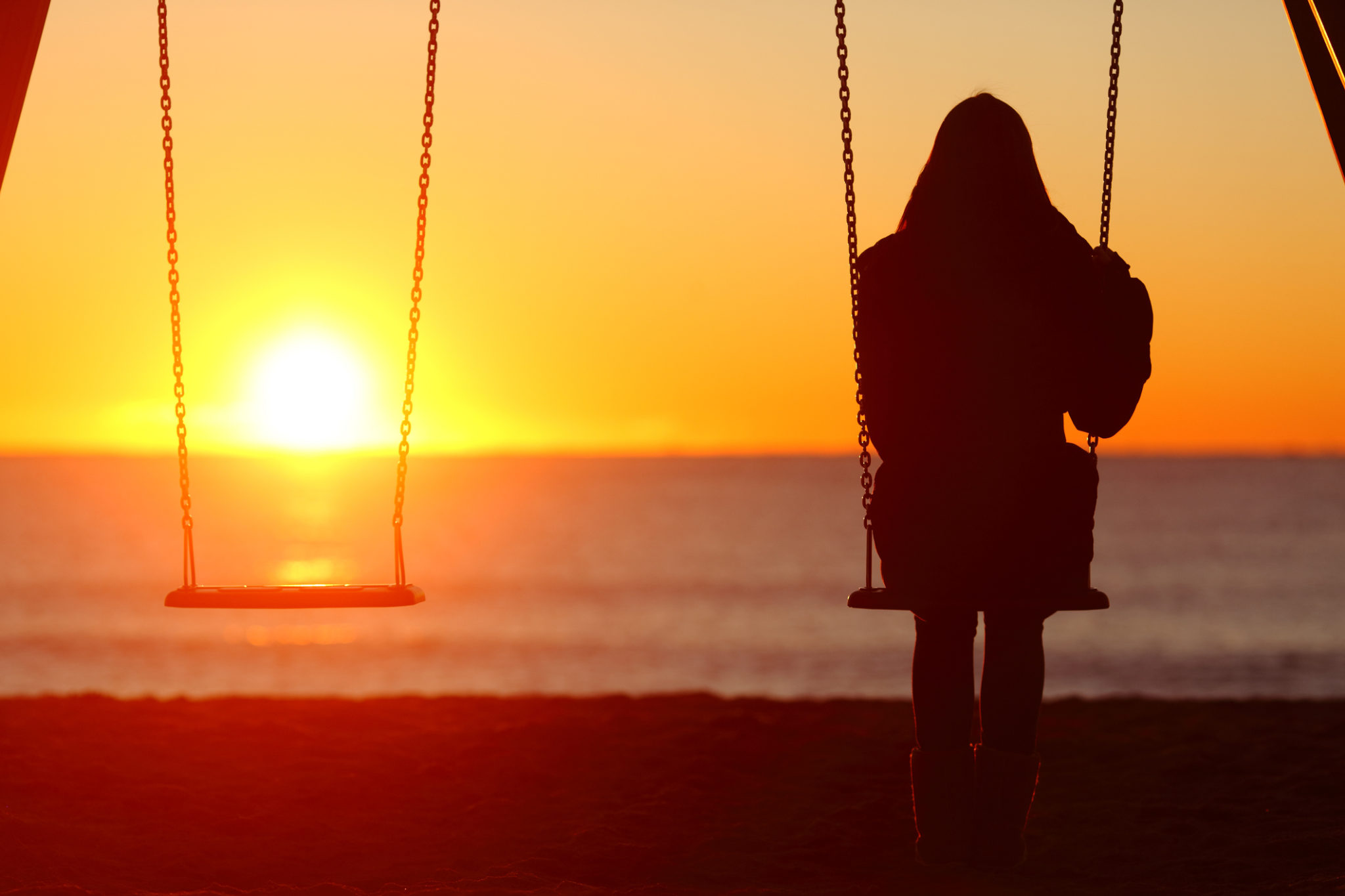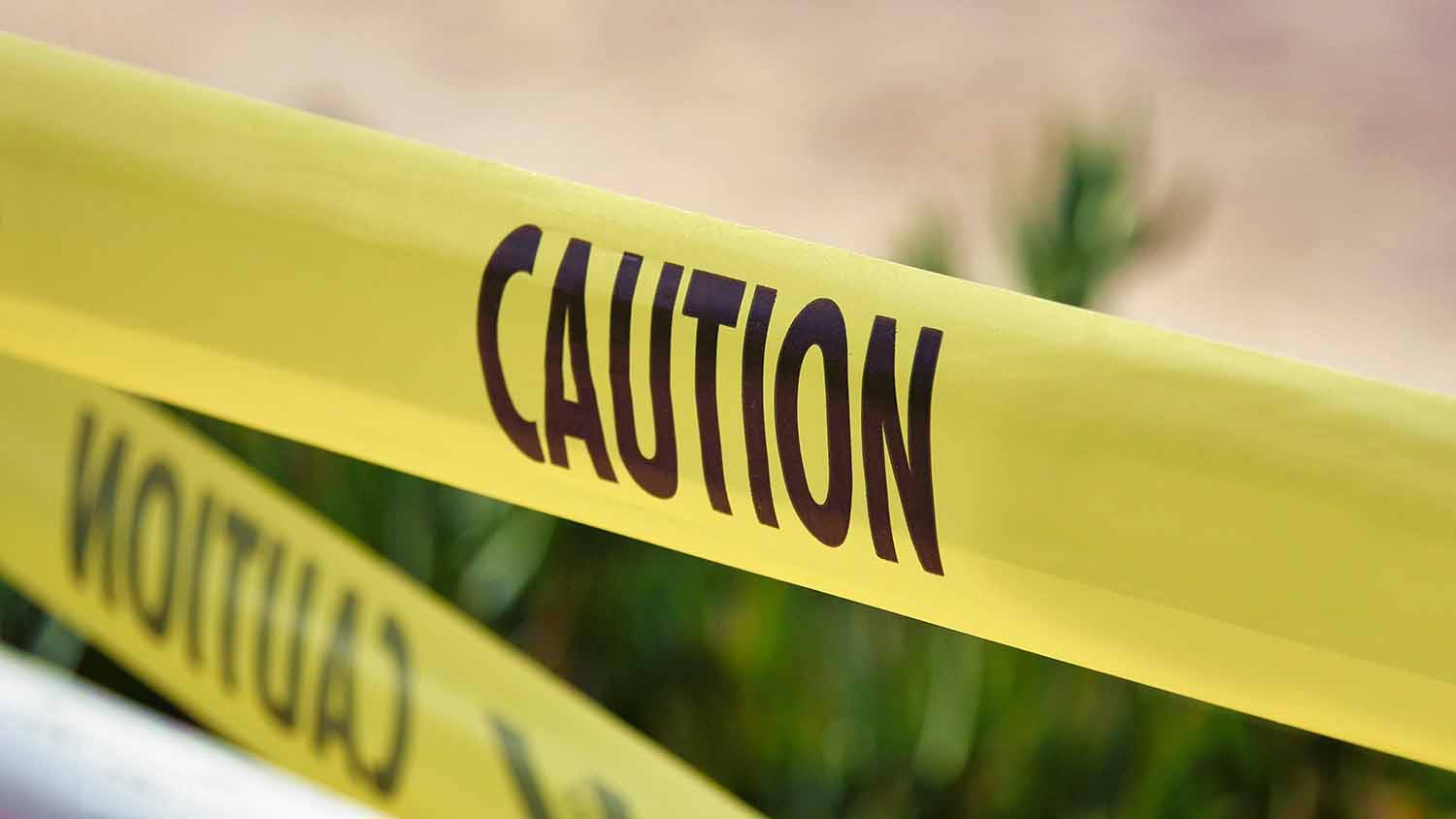Adult children of alcoholics also referred to as ACOAs, were born into a family with an alcoholic parent or caregiver.
Most ACOAs hope the problem will go away once they move out. However, being raised by an alcoholic often has long-term effects. Many struggle with relationships, unwilling to feel vulnerable or lose control.
Others suffer from depression, anxiety, low self-esteem and feelings of shame. Cara Gardenswartz, Ph.D., a clinical psychologist in Beverly Hills, CA, explains that ACOAs “may believe on some level that they did something to deserve the neglect they experienced.”
Children raised by alcoholics are three to four times more likely to develop a substance abuse problem than those who aren’t. Experts believe this could be due to a combination of factors like genetics, childhood environment and a lack of healthy coping mechanisms.
After growing up in such a harmful environment, it’s common for ACOAs to isolate themselves. They often feel like an outsider or different from everyone else. It’s challenging to function with others in healthy ways.
Fortunately, adult children of alcoholics who grew up in a troubled home can seek help and thrive.
The Path Toward Recovery for Adult Children of Alcoholics
If you’re a child of an alcoholic, experts recommended you follow four steps:
- Explore your past history.
- Connect the past to the present.
- Challenge your internalized beliefs.
- Learn new skills.
Psychotherapy can help you explore your past and connect it to the present. Understand the impact your parent’s alcoholism has on you and the decisions you make, even to this day. This exploration is not meant to assign blame — it’s designed to acknowledge and accept reality.
Support groups, such as Al-Anon or ACA (Adult Children of Alcoholics), provide a space to talk about alcoholism and its effect on your life. You can meet people experiencing the same pain you are and challenge subconscious beliefs. ACOAs often internalize fears like, “No one wants to hear what I have to say,” or, “People will always walk all over me.”
Support groups are also an excellent resource for step four, which is learning new skills to cope. If you feel isolated or embarrassed, support groups are a space where you can let go of that shame and feel free.
A Chance to Thrive
Fortunately, many ACOAs don’t follow in their parents’ footsteps. They learn to heal through a combination of methods. Then, they thrive.
When studying adult children of alcoholics enrolled in college, researchers discovered they endorsed a significantly firmer belief in discussing one’s problems. They may also be more inclined to use this coping technique in everyday life. When it comes to defense mechanisms, ACOAs in college use immature defenses less often than non-ACOAs.
Building resilience is a lifelong process. Most people deal with trying events throughout their lifetime, whether it’s the death of a relative, a debilitating injury or something else. Children of alcoholics, on the other hand, experience devastation and lack of control from a very young age — sometimes at birth. They learn about the power of resilience early on.
Some people, including the children of alcoholics, can thrive in the face of adversity. They gain resilience through friends, family members, teachers, and mentors.
ACOAs who thrive tend to exhibit characteristics like:
- Self-efficiency
- Agreeableness
- Conscientiousness
- Openness to experience
Reducing ACOAs to stereotypes is damaging in that it fails to realize their full potential. Resilient, successfully adjusted children of alcoholics are reportedly associated with intelligence, excellent communication skills, and achievement orientation.
A Look at Recovery
Erica Troiani is an adult child of an alcoholic. She claims her father, who was absent and easily irritated, often blamed her for things that weren’t her fault. When he recognized he was wrong, he would refuse to apologize or admit it.
Secretly, Troiani believed her father’s drinking was her fault. She didn’t talk to anyone about the issue — not even extended family or close friends. Even when she moved out, she realized her mind was a prison. She internalized the voice that constantly criticized her and told her she didn’t deserve anything good.
She first made the connection between her childhood and her adult difficulties during a one-person performance called “Hammy and the Kid,” which revolves around an alcoholic father. Troiani found she was able to relate with the character and questioned if she, too, needed help.
Troiani discovered she could change bad habits, though it would take time, hard work and some tears. After four months, she worked up the courage to start therapy. She bought books on alcoholic families and their effects on kids. After four years, she says she’s learned to recognize her emotions, to be honest, and to stop punishing herself.
A Taste of Success
Halle Berry, a well-known actress, recently opened up about her childhood with an alcoholic father. She claims she witnessed her sister go through terrible beatings, often feeling helpless and cowardly. Much of her early years were spent recovering her self-esteem.
Berry’s parents separated when she was four years old and remained estranged through most of her life. Though her father has now passed, she claims she has harnessed the power of forgiveness.
“While I didn’t have much of a relationship with him while he was here … I now understand how much he loved me and how vital he was and is to my life,” she shared. Forgiveness and healing are steps toward recovery. A victim, which is what a child of an alcoholic is, may never forget a traumatizing event. However, they can find a way to achieve peace and continue on.
Berry is not the only ACOA who has thrived. Charlize Theron, another big-name actress, also grew up with an alcoholic father. She says, “I think what more affected me …. was waking up not knowing what was going to happen. And not knowing how my day was going to go and all of it dependent on somebody else and whether he was going to drink or [not].”
When Theron was 15 years old, her mother shot and killed her father in self-defense. Afterward, she pretended the experience didn’t happen. When people would ask, Theron would say her father died in a car accident. It wasn’t until later in life that she was able to come to terms with reality.
Theron says her mother, who possesses thick skin, has been an enormous inspiration throughout her life, and someone she draws courage from. “I am lucky enough I had a great mom who really kind of made me brave and always told me to be brave. I don’t know who I might have been without that.”
The Road Forward for Adult Children of Alcoholics
Many people, including well-known celebrities, have grown up with an alcoholic caregiver. A 2019 study revealed that one in five American adults has lived with an alcoholic while growing up. Escaping the neglectful or abusive home is not enough. Many people experience long-term effects from this type of childhood, from mood disorders like depression and anxiety to an increased risk of substance abuse.
As an adult, you can’t go back in time and force your caregivers to make the right choices. However, you can seek treatment and advocate recovery no matter your age. Stories like the ones above prove ACOAs are resilient and can thrive in the wake of conflict.
Related Content:
7 Tips to Help You Deal with an Alcoholic Spouse
The Hidden Epidemic of Alcohol Abuse: It’s Time For Doctors to Step Up
Why Seek Professional Help for Alcohol Addiction?
Love our content? Want more information on Alcoholism, Substance Abuse Disorder, and Addiction Treatment? SIGN UP FOR OUR WEEKLY NEWSLETTER HERE**
Jennifer Landis
Website:
https://mindfulnessmama.com/
Jennifer Landis, writer and founder of Mindfulness Mama, has been writing for the last decade and holds a BA in journalism. She is an avid goal setter and achiever.
Jennifer’s proudest accomplishments include two all-natural births, running a marathon, successfully making a croquembouche, and running two half marathons.
In addition to The Doctor Weighs In, her writing has appeared in VeryWell Family, Fortune, Scary Mommy, The Huffington Post, and Women’s Running. Tweet her your favorite health tips @JenniferELandis.

















Comment will held for moderation